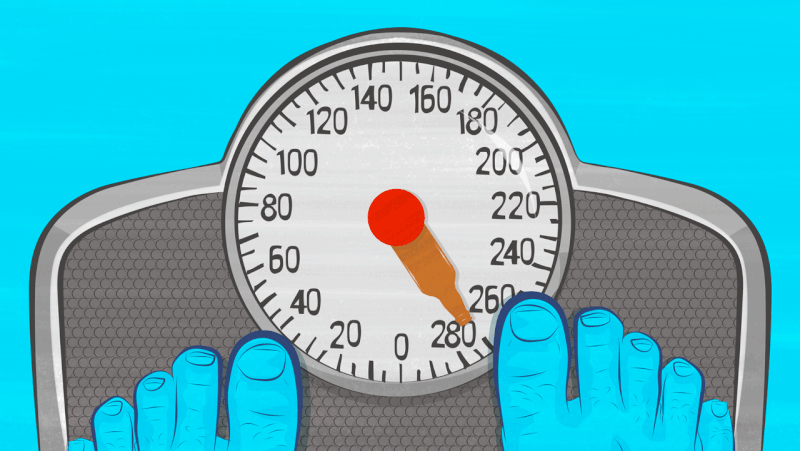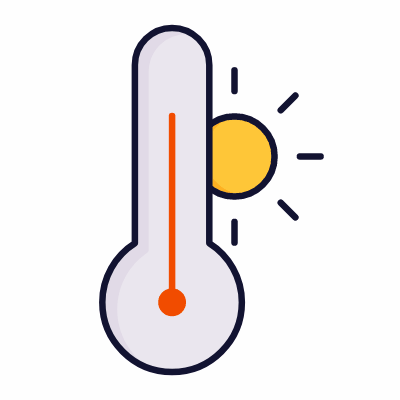Hydration: do we really need all that water?
Medicine NutritionThe increase in temperature and extended daylight hours have prompted suggestions to “maintain proper hydration” by consuming eight glasses of water, equivalent to around two litres, every day. Contrary to popular belief, it is possible for someone in good health to have fatal consequences as a result of excessive water consumption.

Due to the vital importance of maintaining water and sodium balance, it is exceedingly uncommon for individuals to perish as a result of excessive or insufficient fluid intake. Typically, your body’s intricate chemical processes are autonomously ensuring your well-being.
Input/Output
As spring progresses, the issue of staying hydrated becomes prevalent in schools, sports, and workplaces. These extensively promoted hydration challenges aim to foster both friendship and friendly competition in order to ensure that we consume mandatory quantities of water throughout the day.
Hydration and participating in these challenges reinforce the commonly accepted notion that consuming water in excess of what is necessary for physiological function, or thirst, is beneficial for health.
However, this is not the case. The individual water requirements for the body’s intake mostly depend on the amount of water that is lost. The amount of water that each individual should consume mostly relies on three key factors:

Weight of the body. Individuals with larger body sizes require a greater amount of water.

Ambient temperature. During periods of higher temperatures, individuals perspire and experience water loss.

Levels of physical activity. Augmenting the level of physical activity amplifies the amount of water lost through perspiration.
Hence, a universal fluid replacement approach, such as consuming eight glasses of eight ounces of water daily, is unsuitable for all individuals.
The myth
The origin of the “8 x 8” water intake advice is still uncertain. It is possible that the limit of two litres of water intake per day is based on a misunderstanding of the original guidelines provided by the U.S. Food and Nutrition Board in 1945 and the 2017 European Food Safety Authority. These guidelines state that the recommended daily amount of water includes all beverages as well as the water content in foods.
The moisture present in several food items, particularly fresh fruits, sodas, juices, soups, milk, coffee, and beer, assists to fulfilling the necessary daily water intake. These suggestions indicate that the majority of the necessary water intake can be achieved without consuming extra cups of plain water.
It is worth mentioning that alcohol has diuretic effects since ethanol directly affects the kidneys and increases urine production. However, caffeinated beverages such as tea and coffee do not cause additional water loss through urine beyond the amount of water present in these drinks.
His Majesty, the Kidney

Now, you may be curious as to why this is the case. Indeed, you have received numerous recommendations from various individuals emphasising the importance of increasing your fluid intake.
Mammals maintain their entire body water balance, also known as homeostasis, by making immediate adaptations at the kidney. That is why our kidneys play a dominant role in maintaining hydration.
Each kidney contains an intricate system of aquaporin-2 (AQP-2) water channels, which are activated by a hormone called arginine vasopressin. It is worth noting that we are born with two kidneys, but only one is necessary for normal functioning. This hormone is the primary regulator of water retention in the body. The posterior pituitary gland secretes it in response to nerve impulses transmitted from specialised brain sensors that detect tiny alterations in water balance. The term “circumventricular organs” refers to these specialised sensors.
The kidneys will rapidly undergo molecular adaptations to restore water balance in both cases of dehydration and overhydration, often within a time frame of 40 seconds. The modifications occur due to the activation of AQP-2 water channels, which are present in around 12 million units per collecting duct cell.
When we consume an excessive amount of water above our body’s requirement, we promptly eliminate the surplus water by urination. Alternatively, if we happen to lose our water bottle during practice, we refrain from urinating in order to preserve our body’s hydration. The rapid and synchronised interaction between the brain, cranial nerves, and kidneys is significantly more effective and accurate than any mobile application, device, or personalised suggestion now accessible.
Is there any positive outcome to be derived from this situation?
Evidence indicates that consuming approximately two litres of water daily can mitigate the development of kidney stones in individuals with a history of such stones, as well as lessen the occurrence of bladder infections in individuals with a history of such infections.
The scientific evidence does not fully support the claims that higher water consumption leads to improvement in skin tone, kidney function, and relief from constipation. Increased water consumption alone does not facilitate weight loss in children, unless it replaces the consumption of high-calorie beverages like soda or induces a feeling of fullness prior to meals.
Consuming water has the potential to impact the cognitive state of certain individuals. Several studies indicate that cognitive performance improves with increased water intake. Additionally, females with anxiety have reported that obsessive water intake provides them with a sense of improvement, possibly due to the activation of reward circuits that lead to an increase in dopamine. A significant number of individuals with schizophrenia exhibit compulsive polydipsia, reporting that auditory hallucinations compel them to consume excessive amounts of water, and that drinking water helps alleviate these hallucinations.
Brain imaging tests have confirmed that excessive drinking is uncomfortable and needs more physical effort than drinking when one is thirsty. The brain actively discourages chronic overdrinking, also known as polydipsia, due to the negative consequences it can have on the body. Excessive drinking can result in chronic urination, or polyuria, which can lead to various alterations in the internal plumbing system, such as bladder distention, ureter dilatation, hydronephrosis, and ultimately renal failure.
To wrap it up
Is it necessary to consume eight glasses of water daily? Unless you are experiencing thirst, consuming additional water is unlikely to provide significant health advantages, while it is also unlikely to cause harm. Nevertheless, if kidneys possessed the ability to communicate, they would assert that issues related to hydration just amount to extensively promoted competitions centred around urination.
Michele Ritucci, MD
Follow Michele Ritucci MD.
Read more articles here.